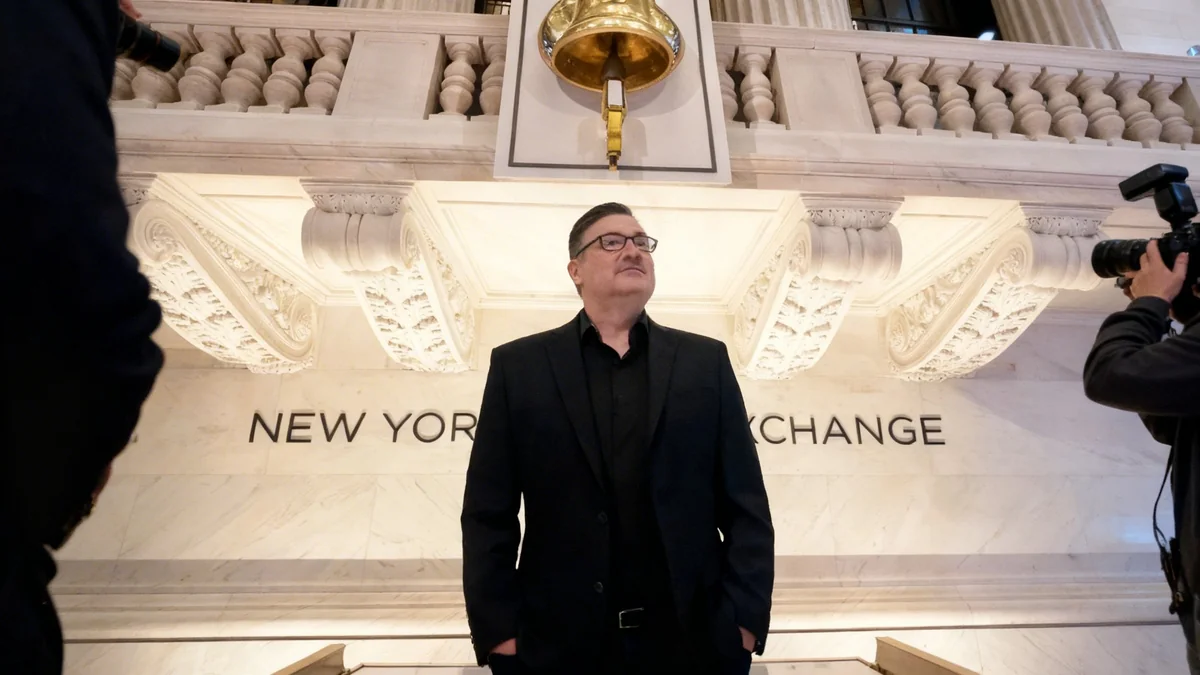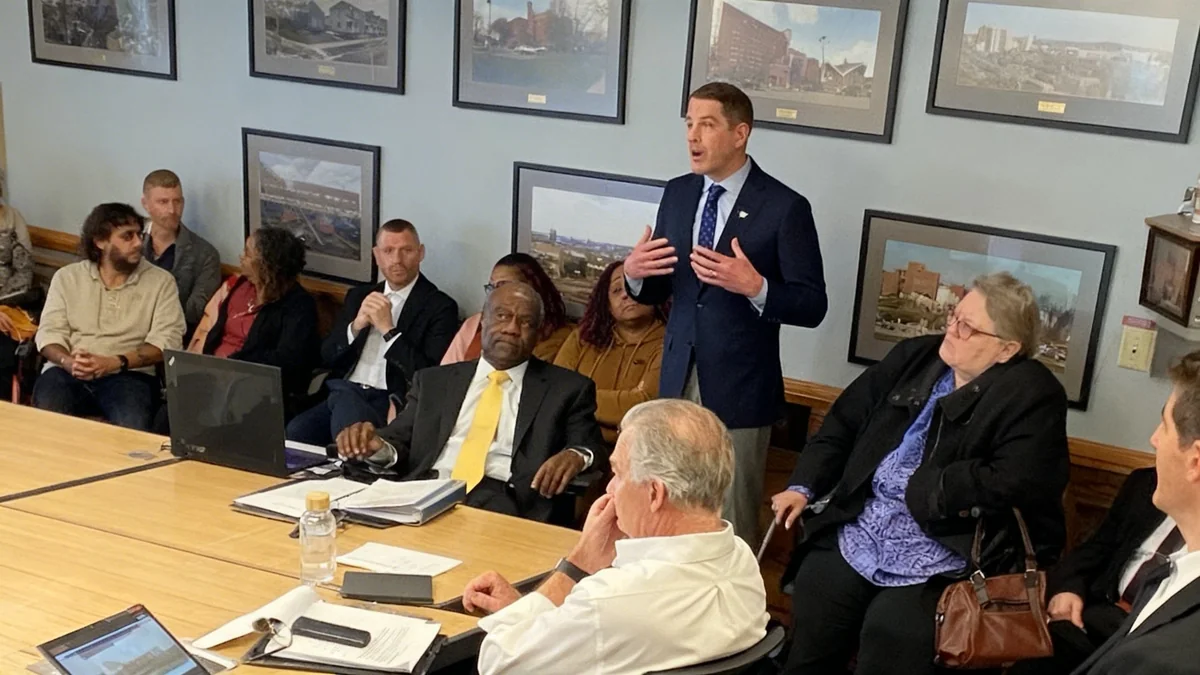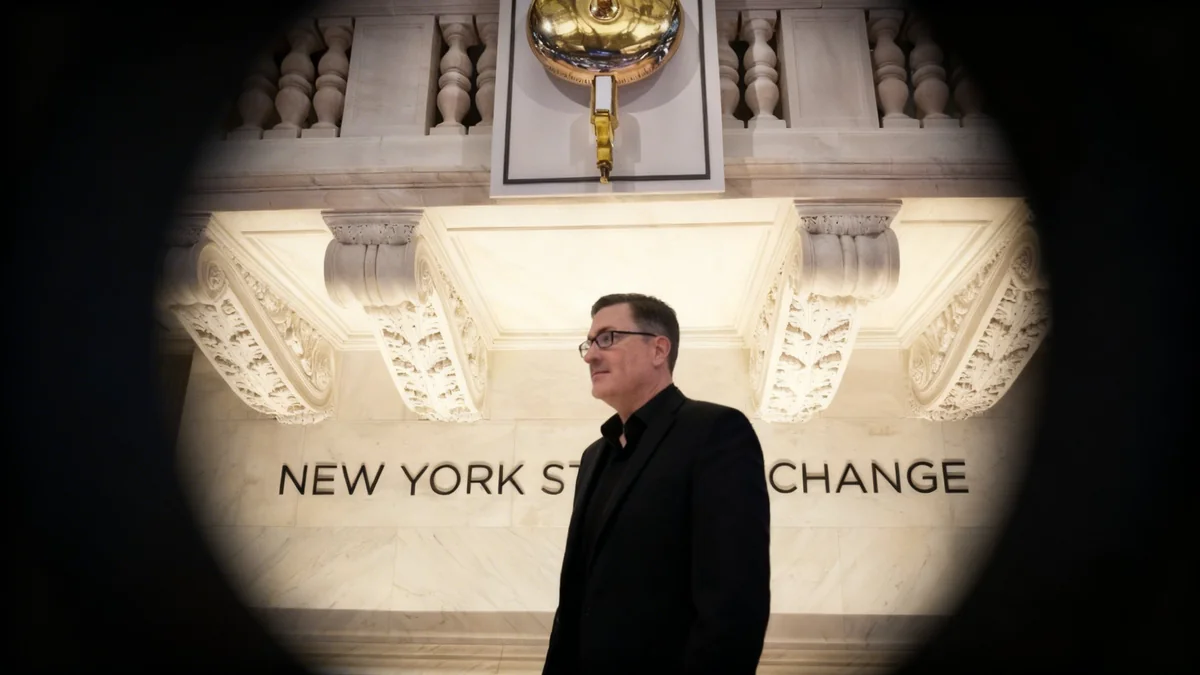The long-held belief that buying a home is an immediate financial win over renting is being challenged by new market realities. According to housing experts, the average homeowner must now stay in their property for seven to nine years before owning becomes more financially advantageous than renting, a significant increase from the previous two-to-three-year benchmark.
This extended timeline reflects a transformed housing landscape marked by record-high prices, elevated interest rates, and slower appreciation, forcing many potential buyers, particularly millennials and Gen Z, to reconsider their financial strategies.
Key Takeaways
- The national average time for homeownership to become more profitable than renting has risen to 7-9 years.
- In high-cost metropolitan areas like San Francisco and New York, this breakeven point can extend to 15-20 years.
- Factors driving this change include high home prices, increased interest rates, and slower property value growth.
- Experts advise that renting is increasingly seen as a viable long-term financial and lifestyle choice, not just a temporary phase.
The New Math of Homeownership
The financial equation for homeownership has fundamentally changed. A few years ago, it was common for buying to make more financial sense than renting within just a couple of years. Today, that calculation has been stretched significantly.
Amanda Pendleton, a home trends expert at Zillow, explained that the combination of market forces has altered the traditional rules. "In today's market, the average homeowner has to stay in their house for 7 to 9 years to make owning a better deal than renting," she stated. This is a dramatic shift from the historical two-to-three-year rule of thumb.
The change is driven by several key economic factors. The national median home price reached a record $435,300 in 2025, making the initial financial barrier higher than ever. Combined with increased interest rates, the monthly cost of a mortgage often outpaces comparable rental costs for a longer period.
Why the Shift?
The longer breakeven point is not just about one factor. It's a combination of:
- Higher Prices: A larger initial investment is required.
- Elevated Interest Rates: More of the monthly payment goes to interest rather than equity in the early years.
- Slower Appreciation: Home values are not rising as rapidly as they once were, meaning it takes longer to build substantial equity.
- Strong Stock Market: The opportunity cost of tying up a large down payment in a home is higher when alternative investments are performing well.
The Big City Premium on Patience
For those living in the nation's most expensive housing markets, the waiting period is even more extreme. The financial logic of buying versus renting is stretched to its limits in cities known for their high cost of living.
According to Pendleton, the timeline for owning to pay off is substantially longer in these areas. "In really expensive markets like San Francisco or New York City, it takes 15 to 20 years to make buying a better deal than renting," she noted. This reality makes long-term renting a financially sound decision for many urban professionals.
This extended timeline means that for a significant portion of a person's career, renting could be the more prudent financial choice, freeing up capital that would otherwise be locked into a down payment and home equity.
Rethinking Generational Housing Myths
Many younger buyers have been holding out hope for a market flood of homes from the baby boomer generation, a phenomenon often called the "silver tsunami." However, experts caution against banking on this scenario for immediate relief.
Real estate correspondent James Rodriguez suggests the transition will be gradual. He described the expected wave of boomer homes entering the market not as a tsunami, but as a slow-moving glacier.
"The people I've been talking to about this say it's more like a glacier, and will happen slowly. It's not going to be this silver bullet for millennials who are waiting to get into the housing market."
This slow release of inventory means that the supply-demand imbalance that has driven up prices is unlikely to be resolved by a single demographic shift in the near future.
A Cultural Shift
The changing financial landscape is also driving a cultural one. Renting is no longer widely viewed as merely a temporary step before the "real" milestone of homeownership. Instead, it is becoming an accepted and often preferred lifestyle choice for adults who value flexibility, liquidity, and freedom from the responsibilities of maintenance and property taxes.
Expert Advice for Today's Buyers
Despite the challenging environment, experts say conditions for buyers are slowly becoming more favorable compared to the intense market of 2022 and 2023. For those still determined to buy, preparation is more critical than ever.
Pendleton offers a crucial piece of advice for millennials and other first-time buyers: focus on your finances before you start looking at properties. She emphasizes the importance of securing the best possible financing to manage long-term costs.
"Millennials should be spending more time shopping around for a mortgage rate before they even open up Zillow," Pendleton advised. Finding a competitive interest rate can save tens of thousands of dollars over the life of a loan and can significantly impact the financial viability of a home purchase in the current climate.
Ultimately, the decision to buy or rent has become more complex. It requires a careful evaluation of personal finances, long-term goals, and local market conditions, with the understanding that the path to building wealth through real estate is now a much longer journey.





